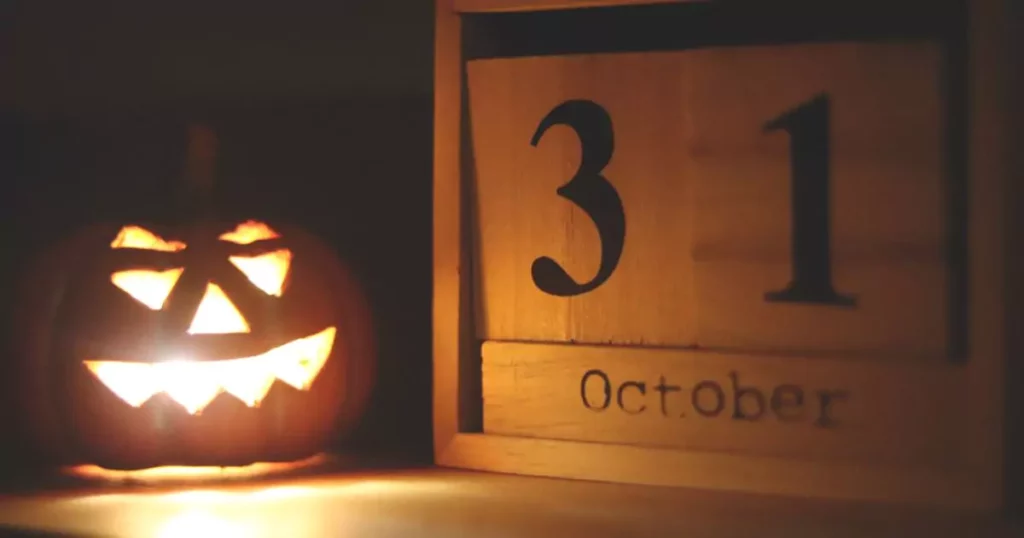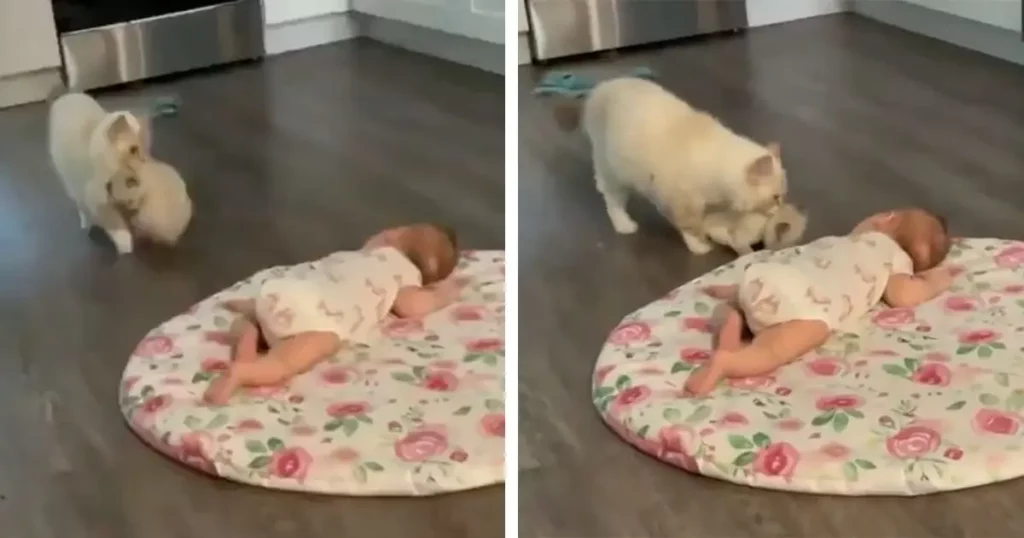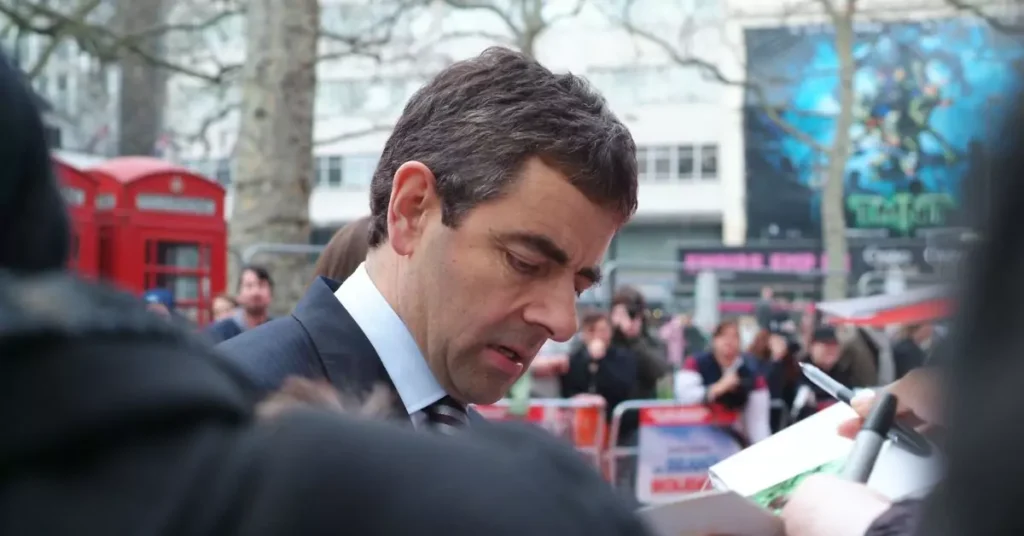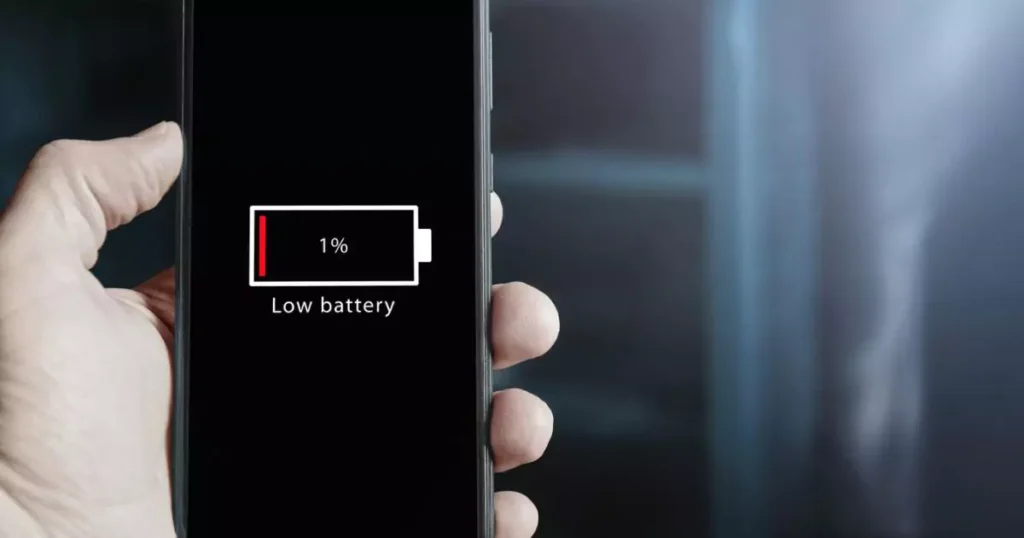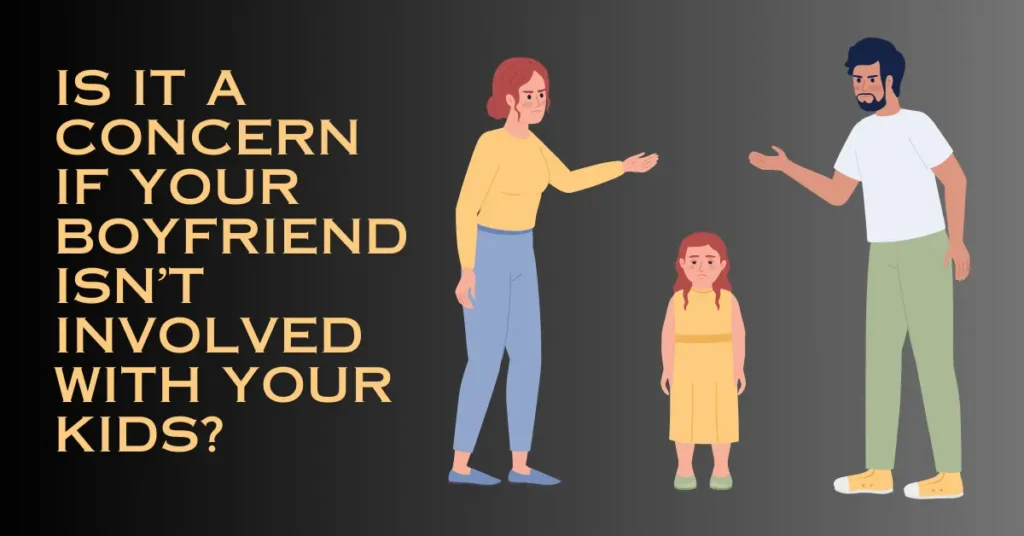
When it comes to relationships, embarking on the journey is akin to setting sail on an exciting adventure. Amid the joyous moments, however, there can be concealed challenges lurking beneath the surface. In this exploration, let’s delve into six crucial warning signs that often go unnoticed until they evolve into significant issues.
Embark with us on this insightful journey to unravel these relationship red flags and discover proactive ways to address them promptly.
Unresolved Baggage from the Past
Have you ever found yourself carrying unresolved emotional baggage from previous experiences into a new relationship? It’s as though you’re lugging around an overstuffed suitcase filled with memories from your last vacation, inadvertently bringing past problems into the present. Occasionally, minor disagreements can unexpectedly escalate, leaving you bewildered, thinking, “Where did that come from?” Taking a moment to address and tidy up this emotional baggage can save you from experiencing unforeseen turbulence in your relationship journey.

It’s important to note that addressing past issues doesn’t mean erasing them; it means acknowledging their existence and understanding how they might affect your present relationship dynamics. Open communication and a willingness to work through these lingering emotions can strengthen your connection and prevent them from turning into relationship landmines.
Emotional Turbulence
Relationships can often resemble rollercoasters, but if you’re frequently riding the emotional pendulum, swinging between euphoria and despair, it might be time to take notice. A healthy relationship doesn’t demand daily emotional check-ins akin to an amusement park ride. Consistency and equilibrium play a pivotal role in maintaining a stable connection. Buckle up for a reality check and ensure that your love journey doesn’t transform into a tumultuous loop-de-loop.

It’s essential to understand that experiencing emotions is a natural part of any relationship. However, extreme emotional swings can indicate underlying issues that need attention. Building emotional intelligence, both individually and as a couple, can help navigate these ups and downs effectively. Techniques such as mindfulness, communication skills, and seeking professional help when necessary can contribute to a more stable emotional environment in your relationship.
Diminished Mutual Respect
Have you ever felt like your partner treats others with more respect and courtesy than they extend to you? Mutual respect serves as the foundation of a robust relationship, and when it begins to erode, it’s akin to a Jenga tower teetering on the brink. If you frequently find yourself feeling overlooked or unappreciated, it’s not merely a rough patch – it’s a potential red flag. Rather than waiting for the tower to crumble, address the issue of diminished respect before it becomes irrevocable.

Cultivating mutual respect involves active listening, empathy, and appreciation for each other’s perspectives and feelings. It’s essential to create an environment where both partners feel valued and heard. Regularly checking in on your level of respect for one another and addressing any concerns can help maintain a healthy and thriving relationship.
Neglecting Personal Growth
Relationships are akin to flourishing gardens, with personal growth acting as the sunlight that nurtures their vibrancy. If you discover that you and your partner are stuck in the same emotional soil without room for personal development, it’s time for some introspection. Ignoring personal growth, whether individually or as a couple, can lead to a stagnant and unfulfilling connection. Nurture your personal growth while also supporting your partner’s journey; otherwise, you might one day awaken to find that the blossoms of your relationship have lost their luster.

Personal growth within a relationship involves continuous self-improvement, learning, and evolving together. Encouraging each other to pursue individual interests, setting and achieving personal goals, and celebrating each other’s successes can rejuvenate your bond and keep it vibrant. Remember that personal growth not only benefits you as an individual but also enriches your relationship by introducing new experiences and perspectives.
Persistent Criticism and Defensiveness
Imagine sharing an idea, and instead of receiving a supportive nod, you encounter criticism or a defensive stance. When criticism and defensiveness become recurring themes in your conversations, it’s an unmistakable warning sign. Constructive discussions should revolve around understanding and compromise, not a constant tug-of-war. Identifying this pattern early on can safeguard your relationship from devolving into a battleground of words.

Effective communication lies at the heart of a healthy relationship. It’s essential to create a safe space where both partners can express their thoughts and feelings without fear of judgment or defensiveness. Practicing active listening, empathy, and validation can transform conflicts into opportunities for growth and understanding. Seeking couples counseling or relationship workshops can also be valuable in improving communication skills and resolving persistent issues.
Trusting Your Intuition and Gut Feelings
Have you ever experienced that subtle whisper from your gut, hinting that something might be amiss? It’s akin to having an intuitive radar for your relationship. Neglecting these instinctual nudges can be a perilous oversight. If your intuition waves a red flag, it’s essential to heed the warning. Often, it senses issues in a relationship before your conscious mind can fully grasp them. Trust your instincts; they can be your most reliable guides in navigating the complexities of a relationship.

In addition to trusting your instincts, it’s beneficial to foster open and honest communication with your partner. Sharing your feelings and concerns, even when they arise from intuition, can lead to productive discussions and strengthen the trust between you. Building a foundation of trust and emotional transparency can be a valuable asset in maintaining a healthy and thriving relationship.
In conclusion, relationships are intricate journeys filled with ups and downs, and recognizing these often unnoticed red flags can be instrumental in nurturing a lasting and fulfilling connection. By addressing unresolved past issues, managing emotional turbulence, fostering mutual respect, prioritizing personal growth, improving communication, and trusting your intuition, you can create a relationship that stands the test of time. Remember that every relationship is unique, and investing in its health and well-being is a worthwhile endeavor.
























